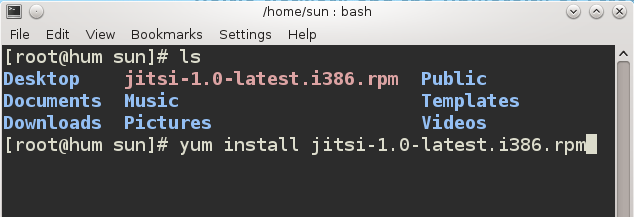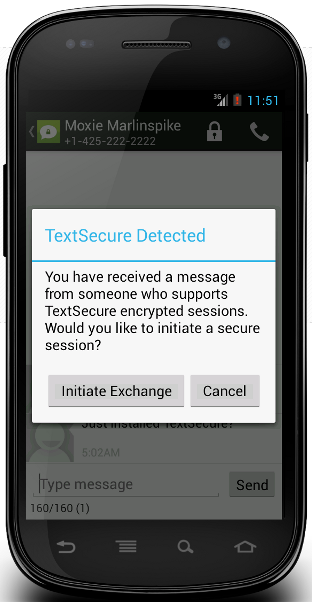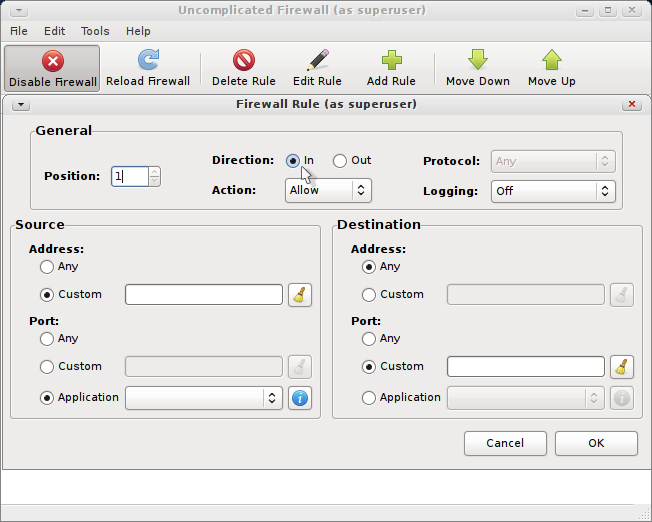Jitsi is a multi-protocol, multi-platform voice and video instant messenger client. It is mostly implemented in Java, and is Free/Open Source software licensed under the LGPL.
Where other VoIP services and clients send data in the clear, Jitsi sets itself apart by making use of ZRTP to set up secure communication with SRTP, Secure Real-time Transport Protocol.
Version 1.0 was released on April 3. This article shows how to install it on Fedora. For this tutorial, the installation was on a system running Fedora 17 beta, but it should install on previous editions.
Installation involves downloading and installing Jitsi’s .rpm package from here. After you click on the package link, the window shown below should open. Rather than opening it in Apper, Fedora’s graphical package manager, save it to your home directory. I chose to save it because Apper can sometimes be very slow. (For other platforms, visit the general download page here.)

The next step is to install it. To do that, open a shell terminal, and change to the location you saved it into. If you saved it in your home folder, you should see it listed on the terminal after typing the ls command. To install it, type (first assume root privileges) yum install as shown in the image below.

After installation, there should be an entry for Jitsi in the Internet menu category. Start it. The main interface is shown below.

This image shows the supported protocols. This is why it is called a multi-protocol IM client. You can now do all your voice and video chatting, securely, from one simple application.

And this one, is Jitsi’s security options configuration window. Enjoy encrypted communication from your Linux desktop.








